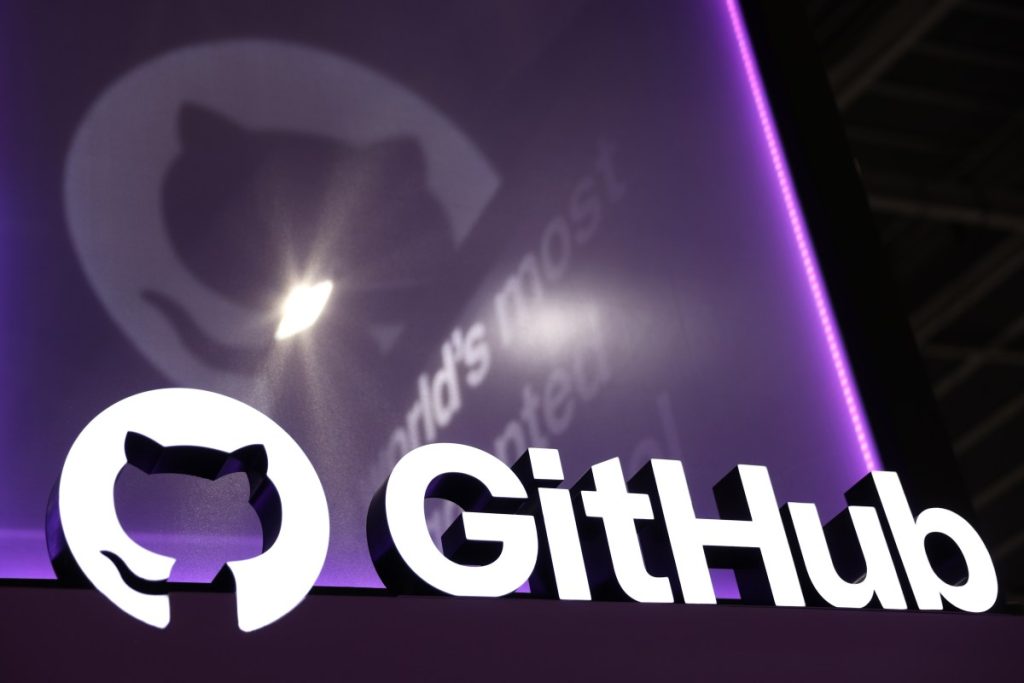GitHub Copilot, the pioneering AI coding assistant developed by Microsoft-owned GitHub, has officially surpassed 20 million users, as revealed by CEO Satya Nadella during the company’s recent earnings call. This milestone indicates a significant surge in user adoption, with five million new users coming on board in just the past three months, underscoring the growing importance and utility of AI tools in software development.
Significant Growth and Market Position
Since its introduction, GitHub Copilot has emerged as one of the leading AI coding tools in the market. A GitHub spokesperson confirmed that the 20 million users figure represents all-time users, rather than active users, which are likely lower. The previous report in April cited that Copilot had reached 15 million users, highlighting a remarkable increase in interest and engagement within a short span. This uptick is further reinforced by the fact that 90% of Fortune 100 companies are currently utilizing the tool, with enterprise adoption reportedly growing by 75% compared to the previous quarter, as stated by Microsoft.
The rise of AI coding tools like Copilot is notable, particularly as they are generating substantial revenue—a rarity in the AI sector. Nadella mentioned that in 2024, GitHub Copilot became a larger business than all of GitHub was at the time of its acquisition by Microsoft in 2018. This suggests that the tool’s steady growth trajectory is not only continuing but also accelerating as more companies integrate AI solutions into their development processes.
Comparative User Base and Market Dynamics
Despite these impressive figures, GitHub Copilot and other AI coding tools still maintain a relatively small user base compared to AI chatbots like ChatGPT and Gemini, which attract hundreds of millions of users monthly. However, it’s important to consider that the domain of software engineering is inherently more specialized, indicating that the potential for monetization is higher as software professionals and their employers are willing to pay for advanced AI tools that enhance productivity and streamline workflows.
The competitive landscape is becoming increasingly robust, with Cursor—a rising player in the AI coding space—challenging GitHub Copilot’s dominance. Cursor has made headlines by hiring talent from emerging AI startups, and as of March, it reportedly boasted over one million daily users, generating an impressive $200 million in annual recurring revenue (ARR). As of now, that ARR has soared to over $500 million, indicating a sharp increase in user engagement and market impact.
Convergence of Features and Competitive Landscape
Interestingly, both GitHub Copilot and Cursor initially aimed to address different facets of the developer experience. However, their offerings are starting to converge as both companies roll out similar features, including AI agents for code review and bug catching. These advancements indicate a trend towards developing comprehensive tools that can automate various aspects of the programming workflow, thus allowing developers to focus on more complex tasks.
In addition to Cursor, GitHub faces competition from other well-capitalized entities looking to penetrate the enterprise AI coding market. This includes tech giants such as Google, which recently acquired leaders from AI coding startup Windsurf, and Cognition, the developer of Devin, which has also integrated the Windsurf team into their operations. OpenAI and Anthropic are also actively developing their AI coding solutions, powered by their proprietary AI models—Codex and Claude Code, respectively.
The rapid evolution of AI-powered coding tools underscores the intense competition in this burgeoning market, which is quickly becoming one of the most dynamic segments within the AI landscape.
Future Outlook and Industry Implications
As the demand for effective coding solutions continues to grow, the competition among AI coding assistants is likely to intensify. The increasing reliance on AI in software development not only promises to enhance productivity but may also reshape how developers approach coding tasks. With tools like GitHub Copilot and rising challengers like Cursor, the future of coding may increasingly involve collaboration with AI, enabling developers to achieve more in less time.
This evolving market also presents a potential shift in the skills required for software engineers. As more enterprises adopt AI tools, there may be a growing emphasis on integrating AI literacy into developer training programs, ensuring that the workforce is equipped to leverage these technologies to their fullest potential. The combination of AI and human expertise will likely define the next era of software development, showcasing how technology can transform traditional workflows and enhance overall efficiency.
In summary, the impressive growth of GitHub Copilot and the competitive response from other AI coding tools highlight a transformative moment for software development. With major players continuously innovating and expanding their offerings, the AI coding landscape is poised for significant changes that could redefine industry standards and expectations.

